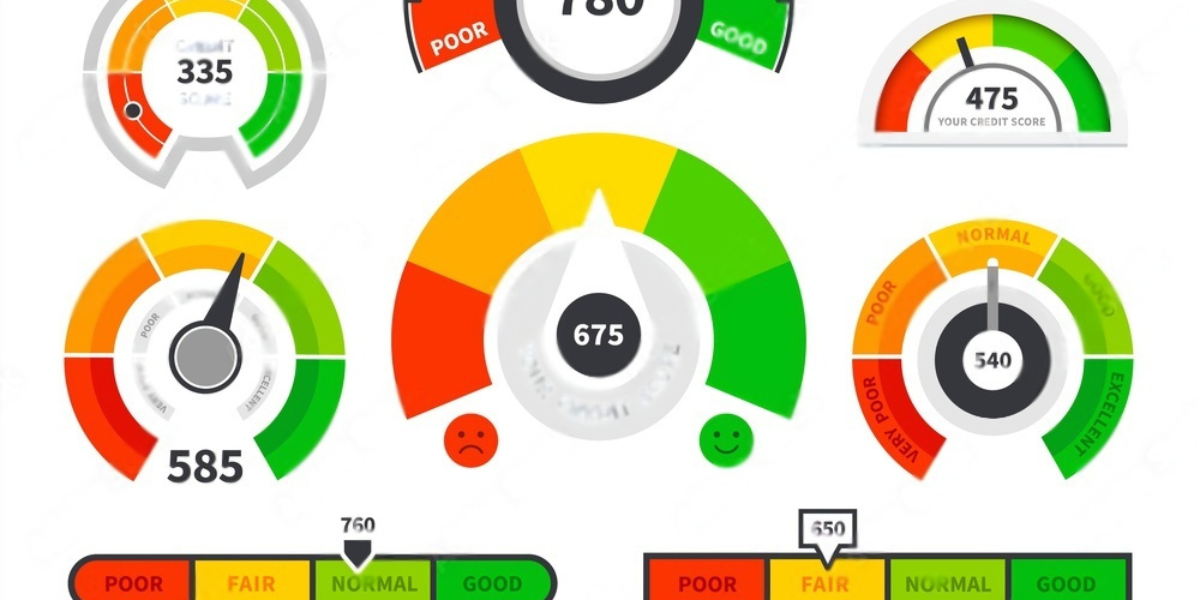Understanding your credit score involves knowing how this figure influences your financial opportunities. From securing loans to determining interest rates, a credit score can either open doors to numerous financial opportunities or impose significant limitations. But how does your state compare when considering the average credit score by state in the broader financial landscape? This exploration helps you understand the factors influencing these scores across different regions.
As we explore the average credit score by state, intriguing patterns emerge. Why do some states have higher averages while others fall behind? Could regional economic policies, educational resources, or demographic trends influence these figures? By examining these factors, we gain valuable insights into the mechanics of credit scores and discover actionable strategies to improve our financial health. This journey through the numbers provides a clearer picture of where we stand and how to enhance our financial standing within our communities.

Analyzing State-by-State Credit Scores: Regional Financial Health
The average credit score by state across the United States reveals significant regional differences. States like Minnesota y Vermont boast some of the highest scores, indicating robust financial health among their populations. In contrast, states such as Mississippi and Louisiana show lower averages, suggesting more challenging economic conditions or variations in consumer behavior. Understanding these trends is essential for assessing financial stability across different regions.
Key Factors Influencing State Credit Scores
The variation in average credit scores from state to state can often be attributed to a complex interplay of factors. Economic conditions, such as employment rates and median household income, significantly influence the financial behavior and capabilities of residents. For instance, states with robust job markets and higher incomes typically see higher credit scores due to greater financial stability among consumers.
Demographic factors significantly influence the average credit score by state. States with a younger population may see lower average credit scores due to less established credit histories. Conversely, states with older populations, who have had more time to build and maintain credit, tend to have higher scores. Additionally, state-specific financial policies, such as those governing debt collection and consumer rights, can also impact credit scores across different regions.
- Economic Factors: Employment rates, income levels, cost of living
- Demographic Influences: Age distribution, educational attainment
- Policy Environment: Consumer protection laws, financial regulations
Educational resources and initiatives focused on financial literacy can significantly impact a state’s average credit score. States that invest in financial education programs in schools or community centers tend to have populations better equipped to manage credit effectively, leading to higher average scores.
| State/ Territory | Average VantageScore March 2024 | State/ Territory | Average VantageScore March 2024 |
|---|---|---|---|
| Alaska | 709 | Montana | 720 |
| Alabama | 685 | Carolina del Norte | 699 |
| Arkansas | 688 | Dakota del Norte | 720 |
| Arizona | 703 | Nebraska | 720 |
| California | 712 | Nuevo Hampshire | 727 |
| Colorado | 720 | New Jersey | 717 |
| Connecticut | 717 | Nuevo Mexico | 695 |
| Distrito de Columbia | 704 | Nevada | 691 |
| Delaware | 705 | Nueva York | 713 |
| Florida | 698 | Ohio | 706 |
| Georgia | 686 | Oklahoma | 687 |
| Hawai | 719 | Oregón | 717 |
| Iowa | 719 | Pensilvania | 713 |
| Idaho | 718 | Puerto Rico | 695 |
| Illinois | 712 | Rhode Island | 713 |
| Indiana | 704 | Carolina del Sur | 692 |
| Kansas | 712 | Dakota del Sur | 722 |
| Kentucky | 695 | Tennesse | 697 |
| Luisiana | 680 | Texas | 686 |
| Massachusetts | 723 | Utah | 719 |
| Maryland | 706 | Virginia | 712 |
| Maine | 720 | Vermont | 726 |
| Michigan | 710 | Washington | 722 |
| Minnesota | 730 | Wisconsin | 727 |
| Misuri | 705 | Virginia del Oeste | 693 |
| Misisipí | 675 | Wyoming | 713 |
The Impact of Credit Scores on Personal Finance
Credit scores do more than just qualify someone for a new credit card or loan; they influence the terms of credit, such as interest rates, which can significantly impact a person’s financial trajectory. Individuals in states with higher average credit score by state often benefit from lower interest rates, reducing the cost of borrowing and making it easier to invest in homes, cars, and education. Understanding these dynamics is essential for making informed financial decisions.

The ripple effect of credit scores extends beyond individual financial health to influence the broader state economy. Higher average credit scores can lead to increased consumer spending and borrowing, fostering economic growth. Conversely, states with lower scores might see restrained economic activity due to tighter credit conditions.
Practical Tips for Improving Your Credit Score
Improving your credit score is a strategic process that involves understanding and managing your credit effectively. Here are some actionable tips:
- Regularly Monitor Your Credit: Check your credit reports for errors and discrepancies that could affect your score negatively.
- Manage Credit Cards Wisely: Keep balances low and make payments on time. High credit utilization can significantly impact your score.
- Diversify Your Credit: A mix of credit types, including installment loans and revolving credit, can positively affect your score.
- Limit New Credit Inquiries: Too many hard inquiries in a short time can lower your score.
Understanding the factors that affect your credit score and actively managing your credit can lead to substantial improvements. Regular monitoring enables you to track your progress and adjust your financial strategies accordingly, helping you maintain a healthy credit status. This proactive approach is essential for individuals in states with varying average credit score by state, as it empowers you to enhance your financial health and make informed decisions.
By exploring how credit scores are calculated and influenced, individuals can take informed steps toward enhancing their financial well-being. This understanding not only aids in improving personal credit scores but also contributes to broader economic stability within their communities. Recognizing the average credit score by state helps individuals see where they stand and how their efforts can positively impact both their financial health and the economic landscape of their region.
Conclusion: Unveiling the Landscape of Credit Scores Across States
The exploration of the average credit score by state reveals the significant impact of regional economic conditions, demographic trends, and educational resources on financial health. States like Minnesota and Vermont, with strong job markets and higher income levels, showcase higher average credit scores, reflecting greater financial stability. Conversely, states such as Mississippi and Louisiana, challenged by lower income and adverse economic conditions, display lower scores, highlighting the critical role of economic factors in shaping creditworthiness. Understanding these differences can help individuals make informed financial decisions and improve their credit health.

This analysis not only underscores the importance of understanding the factors that influence the average credit score by state but also emphasizes the benefits of proactive credit management. As we’ve observed, higher credit scores can lead to more favorable borrowing terms, which can enhance the economic vitality of both individuals and states. The insights gained here should serve as a reminder of the power of financial education and the advantages of maintaining a healthy credit score. As you reflect on these findings, consider how your financial practices can contribute not only to your personal prosperity but also to the broader economic health of your community.


